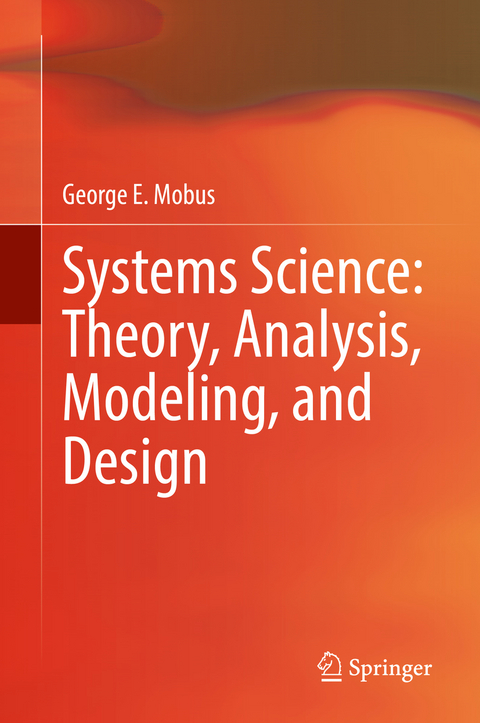
Systems Science: Theory, Analysis, Modeling, and Design
Springer International Publishing (Verlag)
978-3-030-93481-1 (ISBN)
lt;p>George E. Mobus is Associate Professor Emeritus of Computer Science & Systems and Computer Engineering & Systems in the School of Engineering and Technology at the University of Washington Tacoma. He received his PhD in computer science from the University of North Texas in 1994. His dissertation, and subsequent research program at Western Washington University (under National Science Foundation Grant No. IIS-9907102), involved developing autonomous robot agents by emulating natural intelligence as opposed to using some form of artificial intelligence. Mobus was awarded US Patent: #5,504,839, "Processor and Processing Element for Use in a Neural Network". He also received an MBA from San Diego State University in 1983, doing a thesis on the modeling of decision support systems based on the hierarchical cybernetic principles presented in this volume and in numerous papers. His baccalaureate degree was earned at the University of Washington (Seattle) in 1973, in zoology. He studied the energetics of living systems and the interplay between information, evolution, and complexity.
Before completing his academic pursuits of a Ph.D., he had risen through the ranks of a small controls engineering company in Southern California, from software engineer to the top spot. The credit for success goes to the education he got in systems sciences during his MBA program and helping reshape many of the internals of the company that improved profitability and work conditions.
Part I. Foundations of Systems Understanding.- Principles of Systems Science.- System Ontology.- System Language.- Fundamentals of Systems Analysis & Design.- Part II. Analysis of Systems.- The Process of Systems Analysis.- Demonstrating the Analysis of Various Kinds of Systems: How the Ontology is Universal.- Examining the Knowledgebase.- Detailed Analysis for Understanding - A Look at a Biophysical Economics System.- Part III. Modelling of a Complex System.- Generating Models from the Knowledgebase.- Testing and Verifying Models and the Knowledgebase.- Part 4. Design for Free.- Governance Systems.- Model Scenarios and the Construction of Policies.- Design Specification.
| Erscheinungsdatum | 14.03.2022 |
|---|---|
| Zusatzinfo | XXI, 814 p. 174 illus., 156 illus. in color. |
| Verlagsort | Cham |
| Sprache | englisch |
| Maße | 155 x 235 mm |
| Gewicht | 1412 g |
| Themenwelt | Mathematik / Informatik ► Informatik ► Theorie / Studium |
| Naturwissenschaften ► Physik / Astronomie ► Theoretische Physik | |
| Naturwissenschaften ► Physik / Astronomie ► Thermodynamik | |
| Schlagworte | complex adaptive and evolvable systems • deep analysis of complex systems • fundamentals of systems analysis & design • hierarchical cybernetic governance system • mathematical methods in systems science • Systems Design • the process of systems analysis |
| ISBN-10 | 3-030-93481-0 / 3030934810 |
| ISBN-13 | 978-3-030-93481-1 / 9783030934811 |
| Zustand | Neuware |
| Haben Sie eine Frage zum Produkt? |
aus dem Bereich


